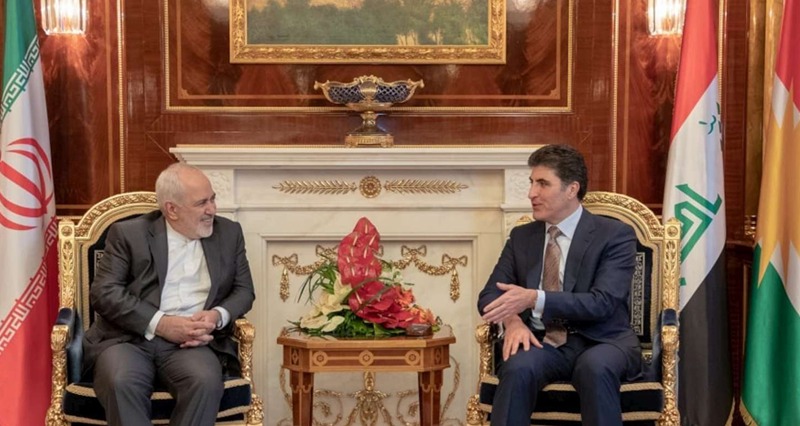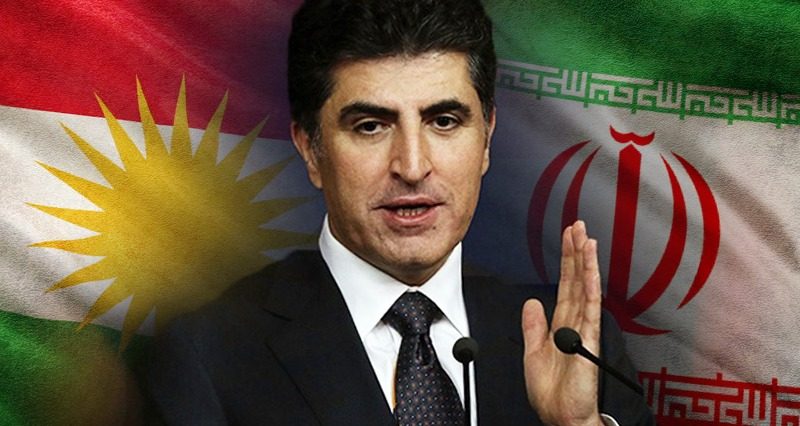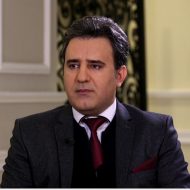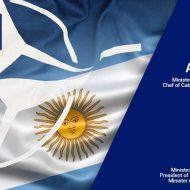Dissatisfied with the Shah’s confirmation of the 1975 Algiers Agreement, Kurdish Iraqi parties had initiated close and friendly relations with the Islamic Revolution’s leaders from the beginning, having seen themselves as victims of the former government’s deal. The Long war (1980-1988) between Iraq and post-revolution Iran was another opportunity for a closer relationship between the two, as the Kurdistan Democratic Party (KDP) and The Kurdistan Patriotic Union (PUK) were Iran’s strategic allies against Saddam’s forces at the northern front. Their relations improved not only throughout the 1990s but also after the Ba’ath regime’s fall in 2003… moreover, Iran’s relations with former Iraqi President Jalal Talabani had also improved.
IRAN AND NEW IRAQ
Iran attempted to create a dichotomy between its Shiite allies and Kurdish friends while helping Iraq build a new political system. However, in their foreign policy, Iran tended to gravitate toward Baghdad, reducing the strategic importance of the Kurds over three decades.
THE REFERENDUM AND THE COUP
The Kurds’ gradual attempts at separation and independence has been a crucial and strategic issue which has caused divisions between Erbil and Tehran. The KDP’s insistence on total independence has been championed by figures like Masoud Barzani, the current leader of Kurdistan. The issue was exacerbated when Barzani called for an independence referendum in September 2017 after the area was liberated from the Islamic State.
Iran argued that the referendum and the possibility of Kurdistan’s separation from Iraq not only caused further instability in the Middle East, it also threatened to spread the problem to other countries, especially those with their native Kurdish populations. Iran therefore strongly opposed the referendum and put pressure on Iraqi Kurdistan by supporting the Iraqi and Turkish governments to retake control of the area despite the referendum’s success.
Iran helped blockage the aerial and ground borders of Kirkuk for some time to help maintain order, with Turkey’s help. As these actions demonstrated, Kurdish-Iranian relations had deteriorated to a very low point over the previous four decades.
INTERDEPENDENCE AND REHABILITATION
After Kirkuk was retaken by Iraqi forces on October 16, 2017, political developments revealed deep divisions between the PDK and the PUK, which resulted in political, security and especially economic pressure against Barzani, pushing him to resign early. The Kurds participated in the Iraqi parliamentary election in order to prevent the loss of their privileges and positions. This sent a message that they would participate in the Iraqi government’s political system despite the referendum and its aftermath.
PARLIAMENTARY ELECTIONS AND BARZANI’S REVIVAL
However, the parliamentary election revealed another fact: although Barzani and the KDP seemed to have failed as the main leaders of the independence referendum, they still received strong support in the Iraqi parliamentary elections in 2018, as they had in the Iraqi Kurdistan parliamentary election in September. The elections led to a strong revival for the KDP. As the faint hope of separatism failed, Iran initiated new relations, making the renewal of Erbil-Tehran relations a high priority.

POSSIBILITIES FOR TEHRAN – ERBIL RELATIONS IN THE BARZANI ERA
Undoubtedly, Masoud Barzani is still the most powerful politicians in Iraqi Kurdistan, but we cannot ignore the influence of other figures, such as Nechirvan Barzani who was chosen as the new president of Iraqi Kurdistan. Nechirvan lived in Karaj, Iran, graduated from the University of Tehran with a degree in Political Science, speaks Persian fluently and is an experienced diplomat in the KDP. He stresses economic development and is an advocate of the Dubai economic model.
According to Iran, Barzani is a key figure who could help repair Erbil’s relations with Iran, especially in the era of US sanctions, regional coalitions led by Saudi Arabia and Israeli pressure, all of which make Iraqi Kurdistan an increasingly important ally for Iran.
Having learned their lesson from the 2017 independence referendum, along with their strong need to improve their economy and political position in the Middle East and Iraq, the Kurds will also rely on support from Tehran. In addition, the KDP knows that Iran is important to balance its relations with the Patriotic Union of Kurdistan party in Sulaymaniyah. Consequently, Barzani’s presidency is an opportunity to not only revive the Erbil – Tehran relations but help bring them to unprecedented heights.









Leave a Reply